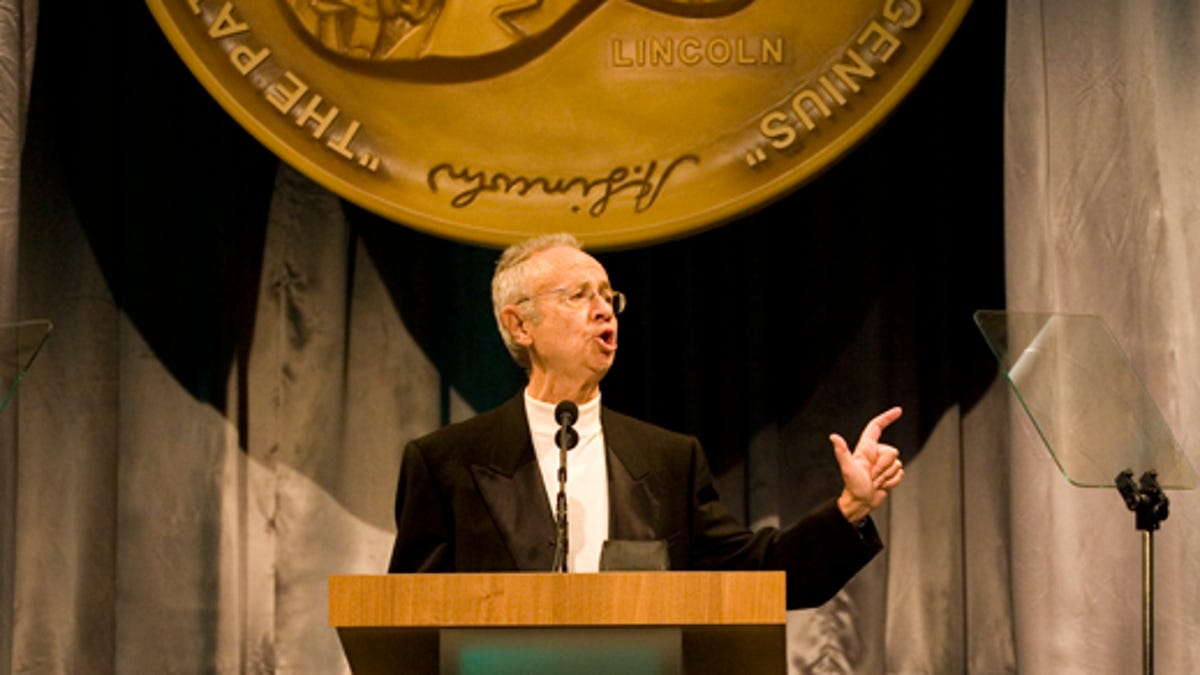Intel's Grove: Something foul in Silicon Valley
At a star-studded event in Mountain View, Calif., former Intel CEO Andrew Grove criticizes the current state of the patent system in Silicon Valley.

MOUNTAIN VIEW, Calif.--At a star-studded event in Mountain View, Calif., Saturday night, former Intel CEO Andrew Grove criticized the current state of the patent system in Silicon Valley, comparing it to the financial instruments that led to the collapse of Wall Street.
"As we celebrate the accomplishments of the last 50 years, I can't help but wonder if the next 50 years will be equally productive," Grove told a crowd at the Computer History Museum. "I'm dubious."
Grove spoke after receiving a lifetime achievement award at the 37th annual National Inventors Hall of Fame induction ceremony gala. The awards, sponsored by nonprofit Invent Now, also recognized 15 pioneers in the semiconductor and related industries.
Speaking to a diverse Silicon Valley audience that included Gordon Moore (founder of both Fairchild Semiconductor and Intel); Ted Hoff (co-inventor of the microprocessor); Carver Mead (VLSI concept); Intel CEO Paul Otellini; and Apple co-founder Steve Wozniak, Grove said the patent system is slouching toward the model that precipitated the financial crisis in the U.S.
"The true value of an invention is its usefulness to the public," he said, quoting Thomas Jefferson. The system in place in the Valley today is moving further and further away from this principle, he added. "Patents themselves have become products. They're instruments of investment traded on a separate market, often by speculators motivated by the highest financial return on their investment."
Grove called this a break from past practice. "The most important invention of our industry, the invention of the transistor, was licensed by AT&T for $25,000," he said. "This allowed the transistor industry to develop and become a flourishing manufacturing industry in the United States."
Grove continued: "By the time the integrated circuit arrived, the industry largely operated by cross licensing between companies so it really didn't matter, if the (Robert) Noyce patent or (Jack) Kilby patent prevailed--the result was the two companies could go on do their work."
Not today, in his eyes. "The patent product brings financial derivatives to mind," he said. "Derivatives have a complex relationship with an underlying asset. While there's nothing wrong with them in principle, their unfettered use has damaged the financial services industry and possibly the entire economy.
"Do these patent instruments put us on a similar road?" he asked. "I fear our patent system increasingly serves those who invest in the patent products...It may be time to use Jefferson's principle as a test and ask if we meet it."

